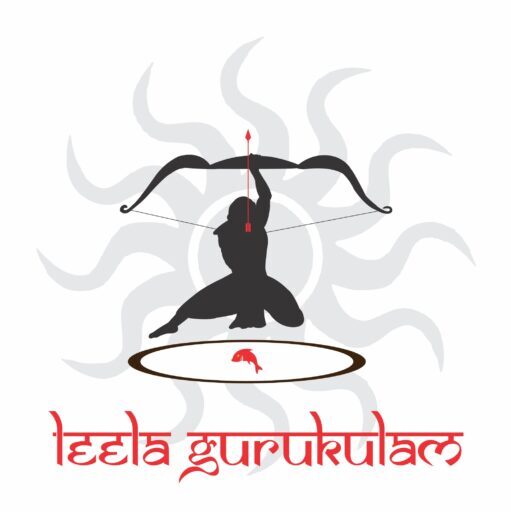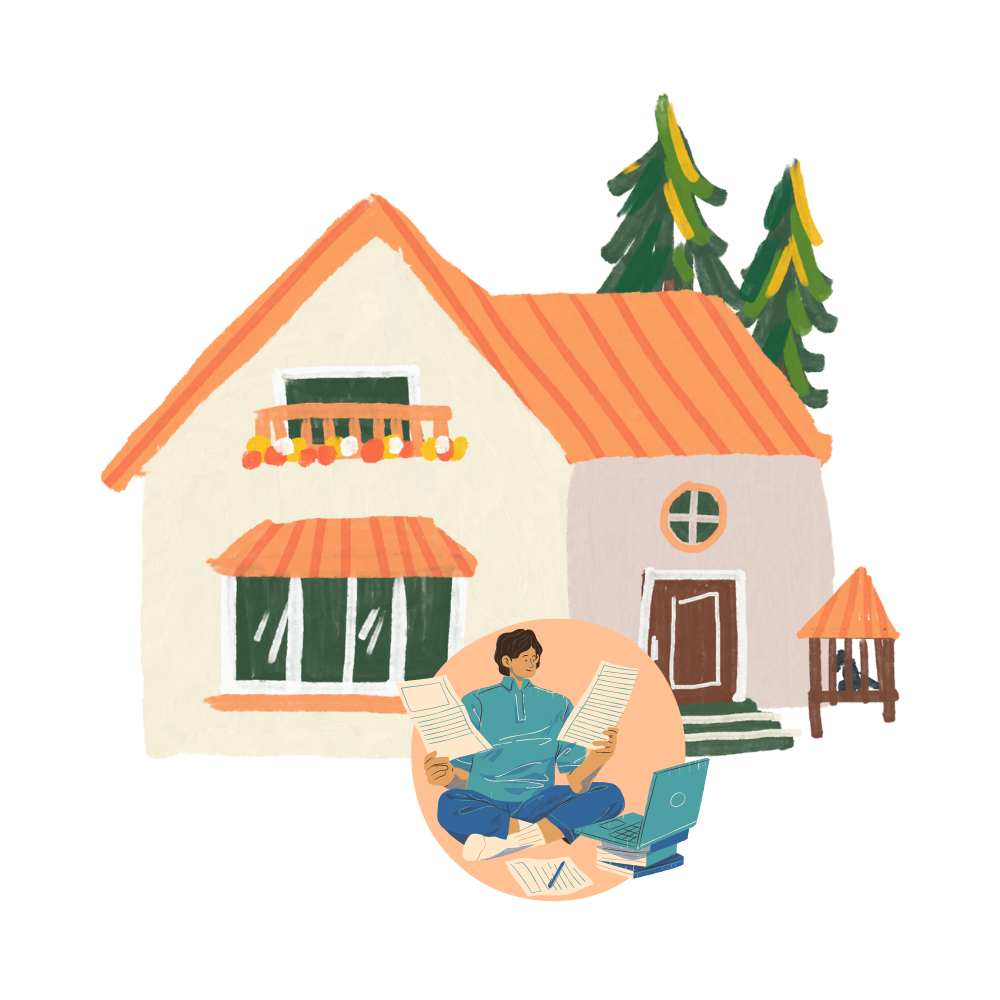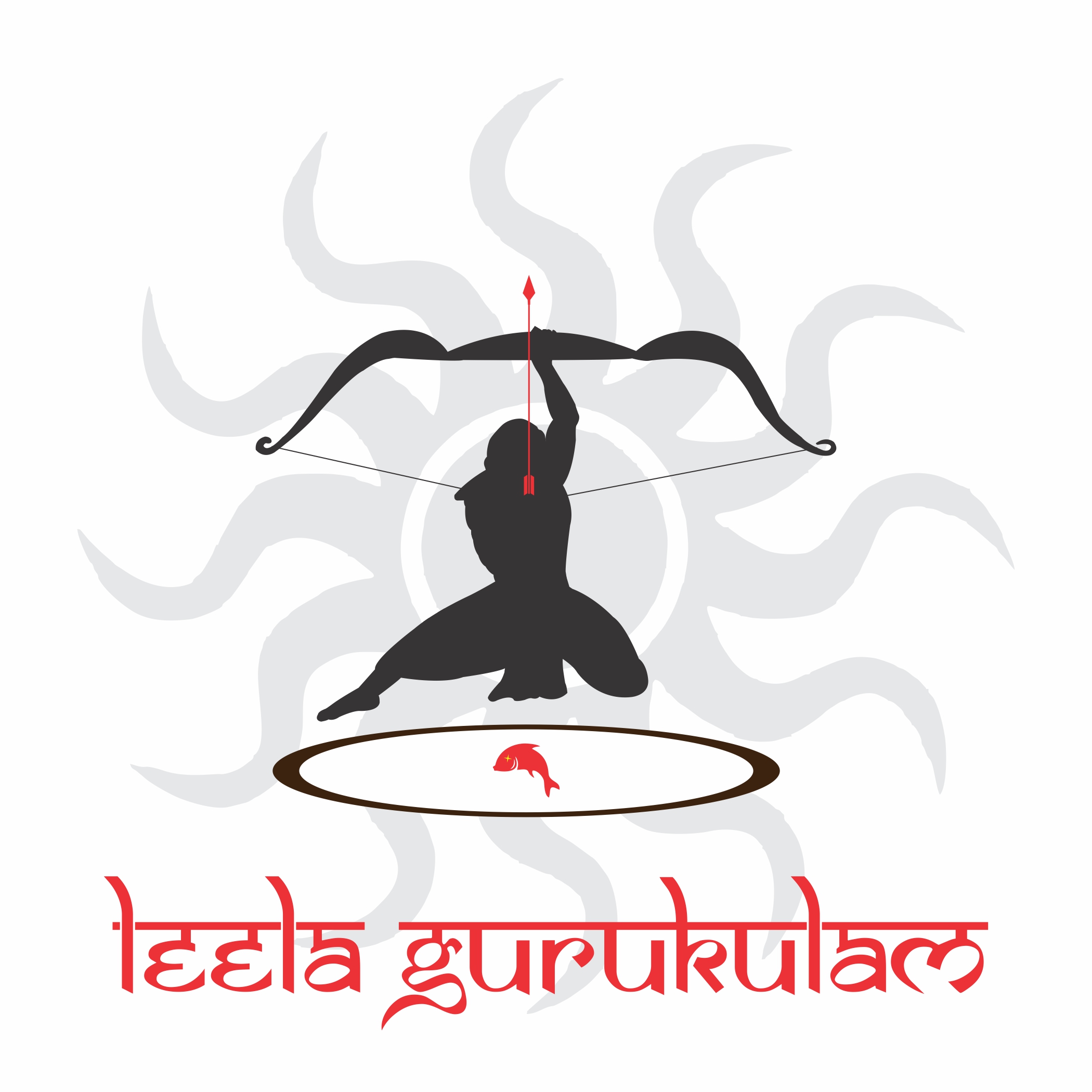Mindscape – 40 by Leela Gurukulam focuses on cultivating essential soft skills like adaptability, creativity, emotional intelligence, and collaboration – skills that technology can’t replicate. Let’s prioritize developing well-rounded individuals ready to thrive in a dynamic future

Reviving the glory of the gurukulam
with power of board games
Gameschool For Open Schoolers
Open Schooling The Sanatana Way
Family Bonding & Empowerment
Future Career Training for Children
Open Schooling in India
Open schooling is a zero pressure and self paced learning system which offers flexibility in terms of schedule, teaching roles, location, ways of access, instructional methods, choice of subjects, schedule of assessments and many other aspects. Open schooling provides learners with the opportunity and time to indulge and explore multiple concepts and subjects in their learning journey. Many times, this is a self driven motivation in which the family, especially parents come to play a very crucial role.
Emergence of the open school system in India is one of the most significant events in the country’s educational history. The National Open School (NOS) was formed in 1989, following the CBSE-sponsored open school project that began in 1979. The National Open School was renamed the National Institute of Open Schooling (NIOS) in 2002. Today it is the largest open schooling system in the world and operates as an autonomous body under the Ministry of Education, Govt. of India. NIOS offers courses at Secondary and Senior Secondary Levels for children above 14 years of age, and an Open Basic Education programme for children above 7. Section A, B and C of the OBE programme is equivalent to class 3, 5 and 8 of other boards respectively.

Sanatana Dharma in the Context of Open Learners
While many learners opt for Open Schooling due to the coaching culture, examination stressors, marks chasing or even disinterest in subjects offered, it becomes essential to develop a structure for their own learning. This is because unstructured learning is limited in its capacity to convert into application. Learning how to learn is the key to success for an open learner/ schooler and for this one needs guidance templates.
India, that is Bharat, has a rich educational culture. Rishis of Bharata are masters in human learning systems and knowledge processes. Their words that have passed on as the wisdom of Sanatana Dharma is the ultimate guidance on education and learning. This is very evident in the new NEP 2020 [National Education Policy] and the NCF 2023 [National Curriculum Framework] which is a great first attempt to overhaul the current education system.

Why Leela Gurukulam?
Approach
The approach to education at Leela Gurukulam is based on the Pancha Koshas and epistemic Pramana Shastra, both of which find mention in the NCF and NEP.
Methodology
Mindscape Education Methodology is rooted in the Indian vision of education. It is a methodology that uses Leela – human play and the interplay of energies as its application template.
Learning Material
Mindscape Method uses board games, puzzles, toys and sacred geometry of Bharata as tools for learning. While being organic to human learning, it nurtures imagination which is the mother of all intelligence, emotion, thinking and cognition.
Content & Curriculum
Created uniquely for each stage of human development, the curriculum follows the Sankaras, milestones of human development to ensure its nourishment reaches every mind and heart.
Team
Mentors and facilitators at Leela Gurukulam are themselves open learners from our previous batches of learners and parent mentors whose children are open learners. They have been through intense training and have experienced open learning through Sanatana Dharma first hand.
Organization
For the past decade, Shivanetra Trust has been working with parents, educators and students empowering their learning journey from preconception to adulthood on the foundations of Sanatana Dharma.



